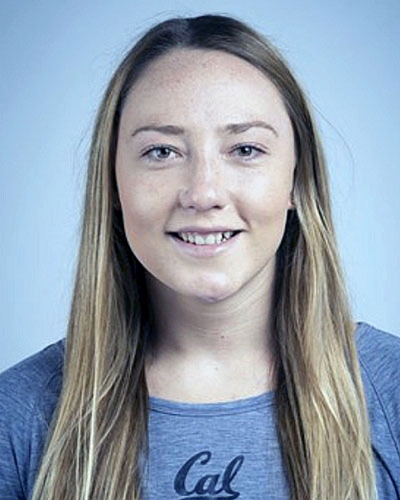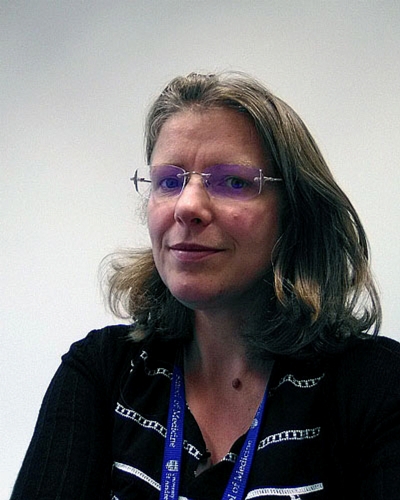Abstract
Introduction: Medical education is essential in strengthening the rural medical workforce globally. Immersive medical education in rural communities guided by good role models and rural-specific curricula promotes rural recruitment of recent graduates. While curricula can be rurally oriented, the mechanism of action is unclear. Comparing different programmes, this study examined medical students’ perceptions of rural and remote practice and how these perceptions influence students’ intentions to practice rurally.
Methods: The University of St Andrews has two medical programmes: BSc Medicine and graduate-entry MBChB (ScotGEM). Commissioned to address Scotland’s rural generalist crisis, ScotGEM employs high quality role modelling, alongside 40-week immersive rural longitudinal integrated clerkships. This cross-sectional study utilised semi-structured interviews with 10 St Andrews students enrolled in undergraduate or graduate-entry medical programmes. We deductively applied Feldman and Ng’s 'Careers: Embeddedness, Mobility, and Success' theoretical framework to examine rural medicine perceptions in medical students exposed to different programmes.
Results: Structural themes included geographically isolated physicians and patients. Organisational themes included limited staff support in rural practices and perceived inequitable resource allocation between rural and urban communities. Occupational themes included the recognition of rural clinical generalists. Personal themes included the perception of tight-knit rural communities. Medical students’ experiences (educational, personal, or working) most profoundly shaped their perceptions.
Discussion: Medical students’ perceptions align with professionals’ reasons for career embeddedness. Perceptions unique to rurally interested medical students included isolation, the need for rural clinical generalists, uncertainty in rural medicine, and tight-knit rural communities. Educational experience mechanisms, including exposure to telemedicine, GP role-modelling, methods on overcoming uncertainty, and codesigned medical education programmes, explain perceptions.
You might also be interested in:
2008 - Malaria and pond-based rainwater harvesting linkages in the fringes of central highland Ethiopia



